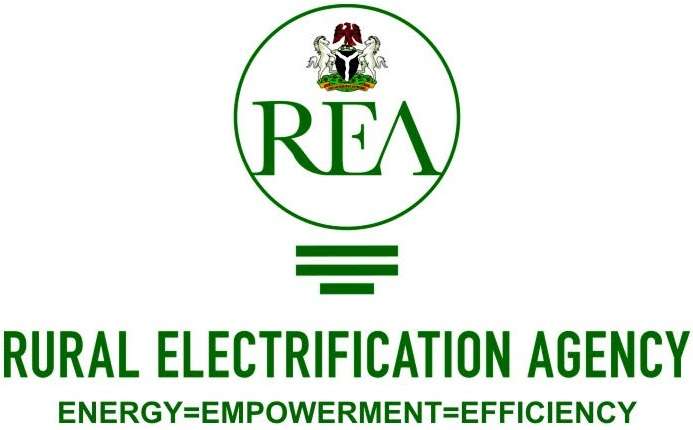The Central Bank of Nigeria (CBN) has intensified its efforts to modernize the infrastructure supporting the country’s foreign exchange reserves, as the reserves stabilize at $35.8 billion. This move is aimed at strengthening the financial system’s ability to manage external shocks, protect the naira, and maintain investor confidence.
The upgraded infrastructure features improved reserve management systems, enhanced global custodial arrangements, and AI-powered risk monitoring tools. These systems aim to provide better asset oversight, faster responses to market changes, and more efficient currency operations.
Officials say the CBN’s reforms align with global standards, such as the International Monetary Fund’s (IMF) guidelines on reserve management. The bank is also focusing on tightening FX access policies and reducing reliance on crude oil, which still accounts for over 85% of Nigeria’s foreign currency inflows.
Despite these improvements, challenges remain, such as increasing external debt and ongoing pressure on reserves from high import demand. Analysts recommend further investment in non-oil export sectors and more comprehensive reforms in fiscal governance to support the reserve infrastructure enhancements.
The CBN maintains that a robust forex reserve system is key to Nigeria’s economic resilience, especially in the face of global financial uncertainty.




